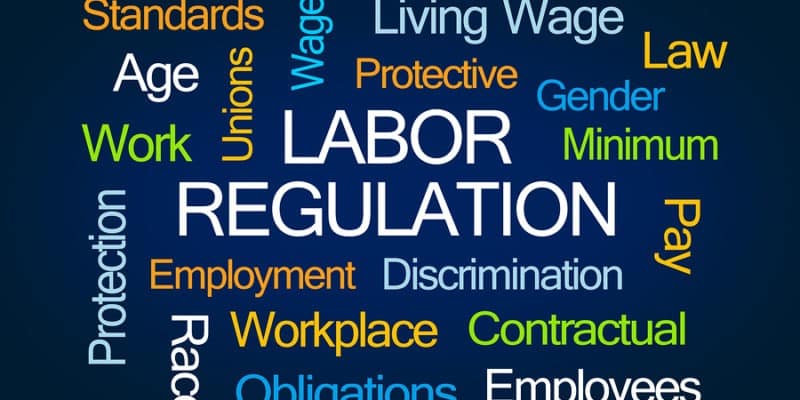June 22, 2022
JD Supra
The 2022 Regular Session of the Connecticut General Assembly concluded on May 4, 2022. While not as groundbreaking as the two last full legislative sessions, and while many far-reaching bills that emerged from committee were not passed by the legislature, important bills regarding employee free speech (i.e., the much vaunted “captive audiences” legislation) and employment protections with respect to domestic violence were enacted. …
PREVAILING WAGE ENFORCEMENT
Public Act 22-17 (“An Act Concerning Wage Theft”) authorizes (as of July 1, 2023) the Connecticut Commissioner of Labor to issue increased fines and citations (i.e., $5,000 per violation) to contractors and subcontractors who violate the state’s “prevailing wage” laws. The Act requires the Commissioner to maintain a list of contractors/subcontractors that during the three preceding years violated the prevailing wage laws or entered into a settlement with the Commissioner to resolve such claims. For each contractor/subcontractor on this list, the Commissioner shall record: 1) The nature of the violation; 2) the total amount of wages and fringe benefits making up the violation or agreed upon in any settlement; and 3) the total amount of civil penalties and fines. The Commissioner shall review the list each year for the preceding rolling three-year period and may refer for debarment any contractor/subcontractor that committed a violation during this period. The Commissioner shall refer for debarment any contractor/subcontractor that entered into one or more settlement agreements where the total of all settlements within the period exceeds $50,000 in back wages or fringe benefits or civil penalties or fines. Any such contractor/subcontractor may request a hearing before the Commissioner to contest such a finding.









